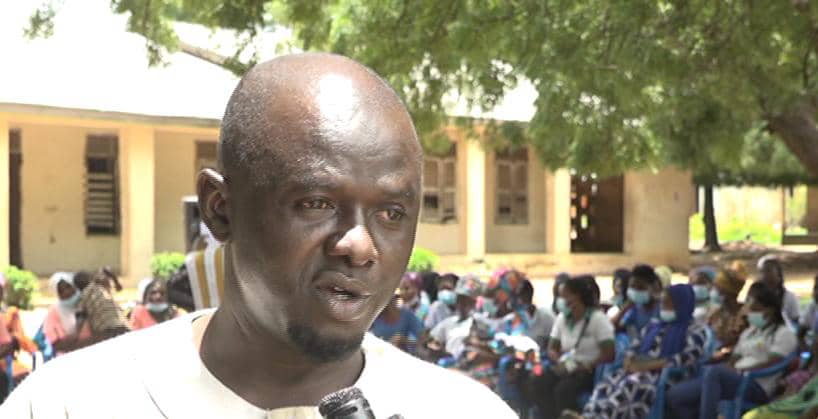The Upper West Region is recording an increasing number of teenage pregnancies.
Even more worrying is the rising number of Sexually Transmitted Infections (STIs) and unsafe abortions.
These STIs and unsafe abortions, according to the Ghana Health Service, are claiming the lives of young people in the region.
This is why the National Population Council and the Ghana Health Service have begun intensive education among young people and teenagers to stem the growing tide.
To this end, a sensitization programme was organised for apprentices in tailoring and dressmaking to further their education in ‘rights and choices’ in relation to Adolescent Sexual and Reproductive Health Rights (ASRHR).
The Regional Focal Person for Adolescent Sexual Reproductive Health ASRH, Pognaa Rosemary Bangzie, speaking to A1radio’s Upper West Regional Correspondent on the sidelines of a Sexual and Reproductive Health Rights sensitization programme at Wa, admitted that some young women may not know the options available to them concerning their reproductive health, thus the need to the continued education.

Madam Bangzie called for uptake of the various ways of family planning and emergency contraception.
“I took them through the components of Family Planning Services and the numerous forms of Sexually Transmitted Diseases [STIs]. I taught them how to use condoms, which are considered as dual protection: the condoms prevent STIs and pregnancies. These days, a number of our youth are undergoing self-treatment, going from one drug store to the other and the various facilities with STIs. If they protect themselves well, through abstainance and the use of condoms, the situation will be alot better.” She explained.
The Upper West Regional Population Officer, Salifu Abu, said the programme was part of activities the Population Council was undertaking after the celebration of the 2021 World Population Day.
He said the Upper West Region continues record increasing teenage pregnancies because girls do not know their rights and their choices concerning reproductive health.
He mentioned that the quality of life in a country is directly connected to population and population growth thus advised young people to bring lives into the world only when they are economically sound.
“You would realize that the questions being asked already have to do with the myths of contraception. This means that we have to continuously educate them. They think that when you take it, you stop bleeding; they think that when you take it, you cannot give birth. These are all myths. It is important that young people uptake family planning as a way of life.”
Mr Abu was however worried that the Population Council was inadequately financed to be able to hold enough sensitization programmes.
“If resources permit us, we engage other stakeholders particularly chiefs and other religious leaders on some of these things. You know, we cannot do it by ourselves. When we are able to organise stakeholder meetings, we are able to throw the figures before them, it gives them the opportunity to do something about it.” He noted.
Source: A1Radioonline.com| 101.1MHz| Mark Kwasi Ahumah Smith| Ghana




